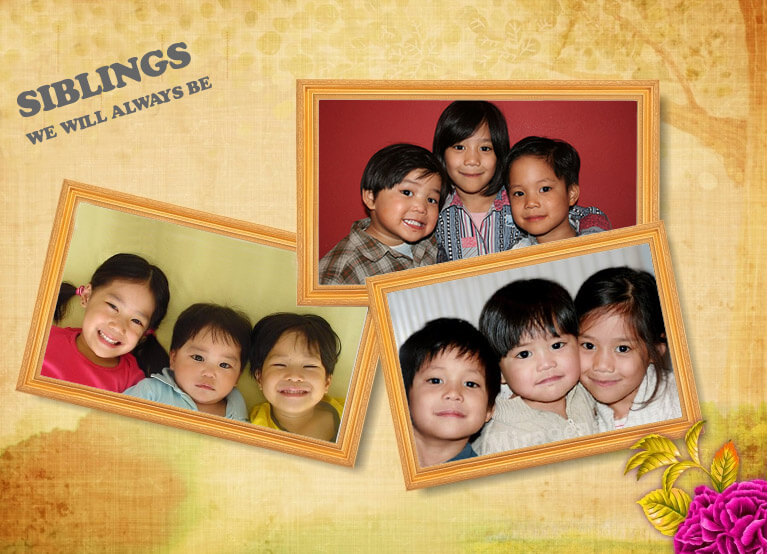
While we of course want our kids to grow up to be happy and healthy, how much attention are we realistically paying to their emotional well-being on any given day?
Even if you’re always there to support your child emotionally, the fact remains that empathy and compassion aren’t something they’re going to learn overnight. Likewise, if you aren’t encouraging positive values and behaviors on behalf of your child, where else are they going to learn them?
As a result, it’s important for mothers to understand the steps they can take to actively teach empathy to their children. To small everyday behaviors to specific activities you can take part in with your child, consider the following strategies to help your child grow emotionally.
Become More Active in the Community
Chances are you’re already taking your children out and about on a regular basis, but how meaningful are your outings?
Finding opportunities to introduce your child to your local community, especially through volunteer work and community service is a major factor to teaching compassion.
From community service activities such as cleaning up a local park to spending time at a soup kitchen, encouraging your child to see the bigger picture in terms of the world around them is crucial. In fact, Outdoorsy.co notes that some families actually take full-blown vacations for the specific purpose of volunteering and making a difference, which in turn has a major impact on the children involved. By teaching your children that “just because” is a justified reason to do good, they’ll reciprocate that compassion as they get older.

Expose Them to Diversity
Don’t be afraid to take your child far beyond their own backyard when it comes to who they’re spending time with. It’s important to introduce your children to new people of different ages, cultures and nationalities. For example, simply spending time with the elderly can help children understand the concepts of aging and respect simultaneously.
Again, diversity isn’t going to solely be learned through daycare and daytime cartoons. If you want your children to understand just how diverse the world is, you need to be willing to show them.
Model Good Behavior Yourself
On a similar note, your kids are watching how you act at any given moment. As a result, how you handle conflicts and respond to situations is incredibly important. Therefore, take special note when interacting with…
• People in public, including conflicts you might have with others that might otherwise lead to an argument
• Discussions and debates with your partner, remaining calm and civil in the face of diversity
• Your children themselves: for example, make sure to explain any punishments or be patient with them when they’re asking questions
Don’t think of modeling good behavior as putting pressure on yourself. Instead, think of how staying calm and collected can help your children grow up to act the same way.
Teaching empathy and compassion in children can certainly be challenging as there’s really no guidebook on the process. That said, these tips can help put your children on the right path to developing emotionally and growing up to be empathetic.




